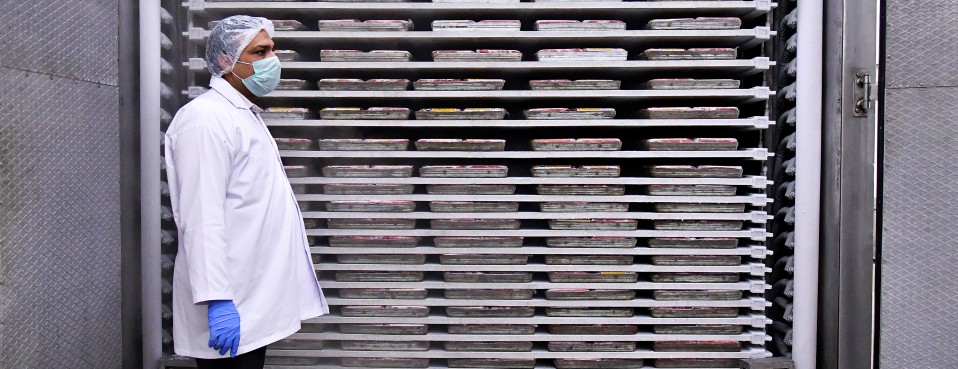With all the partisan bickering that often envelopes Capitol Hill, American workers and businesses—and the communities they live in—are looking for solutions that will create jobs and boost our economy. Sometimes, this means change and innovation.
The heating, air-conditioning and refrigeration industry isn’t afraid of change and transition to new technology. U.S. manufacturers of air-conditioning and refrigeration equipment see a transition away from older refrigerants, or hydrofluorocarbons (HFCs), as an opportunity to do what we have a long tradition of doing: investing in innovation and bringing to market superior, energy efficient, next-generation technologies and equipment.
We see this as the best way to maintain our technology leadership and its benefits for American workers and American consumers.
Both the American Innovation and Manufacturing Act (AIM Act; S. 2754), introduced in October by a large, bipartisan group of senators, and the American Innovation and Manufacturing Leadership Act of 2020 (H.R. 5544), introduced Jan. 7 by a bipartisan group of House members, are supported by our entire industry—manufacturers, distributors, contractors, and technicians—because they will facilitate a rational, orderly transition from HFCs in the United States.
The legislation creates a seamless change that will benefit both manufacturers and consumers, who will continue to have the very best in air conditioning and refrigeration equipment, using the very latest in American technology.
In fact, a recent industry economic study showed that a new federal standard for the phase-down of HFCs would create 33,000 new U.S. manufacturing jobs, add $12.5 billion per year to the U.S. economy, and expand U.S. exports in this sector by 25%. Those are big wins.
Bills Protect American Consumers While Updating Technology
I will testify Jan. 14 at a House Energy and Commerce Committee hearing urging support of the House bill.
Both bills, which are substantively similar, protect American consumers while enabling U.S. manufacturers to prepare our factories, supply chains, distribution networks, and installation and service technicians as next-generation refrigerant technologies, developed right here in the United States, come to market.
Affordable replacements for HFCs already exist so the legislation would ensure that U.S. manufacturers remain the world leaders and that our foreign competitors would be subject to the same rules as new refrigerants replace the old ones.
A federal transition framework will increase manufacturing and distribution efficiency by avoiding the patchwork of state and local regulations that is already underway because of the absence of federal policy. Those efforts, while well intentioned, are an unpredictable and disorganized way to transition, creating uncertainty and the unnecessary risk of price shocks and product shortages, while jeopardizing U.S. manufacturing jobs, which stand to significantly increase if Congress passes this legislation.
The patchwork approach also would expose American manufacturers, workers, and consumers to anti-competitive practices by foreign manufacturers, who could be expected to offload outdated equipment unable to be sold in countries with national HFC phase down policies.
Studies show that swift enactment of legislation to phase down HFCs would create American jobs, stimulate investment, and boost exports. This rare opportunity for bipartisan leadership, with its job creation, investment stimulant, and export increase, will ensure that American companies can continue to lead a rapidly growing and increasingly competitive global market for heating, ventilation, air conditioning, and refrigeration products and equipment.
This is a positive solution that will boost American manufacturing of next generation refrigerant technologies, promote American innovation and create tens of thousands of new jobs. Congress must support this bipartisan legislation quickly: a no-cost regulation to support American businesses, workers, and consumers.
This column does not necessarily reflect the opinion of The Bureau of National Affairs, Inc. or its owners.
Author Information
John Galyen is president of Danfoss North America and is the 2020 chairman of the board for the Air-Conditioning, Heating, and Refrigeration Institute, the trade association for HVACR and water heating manufacturers.










